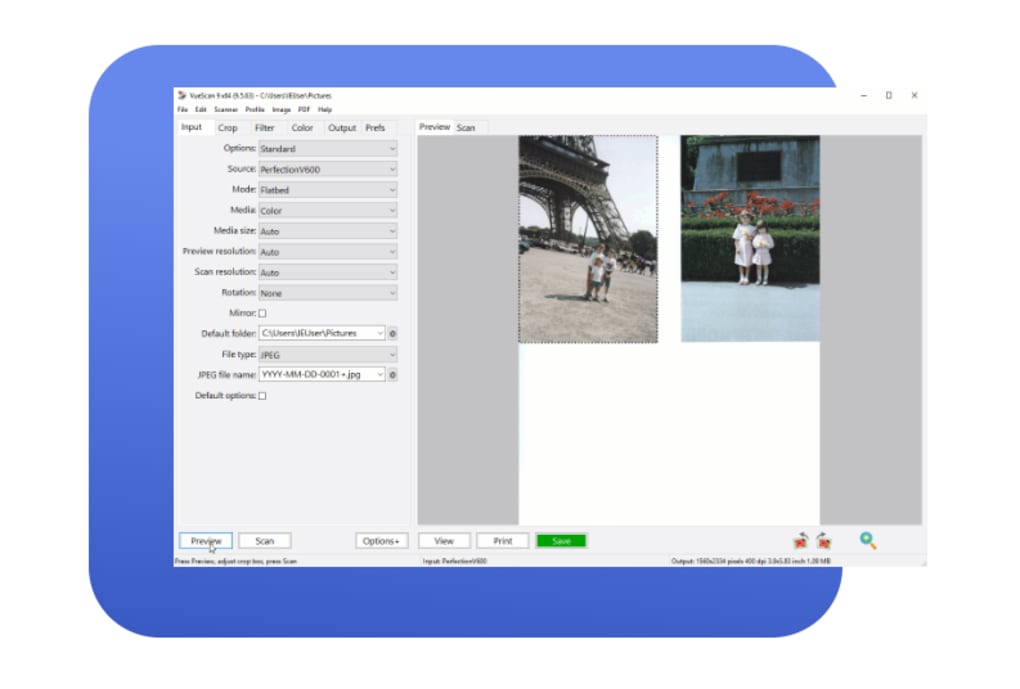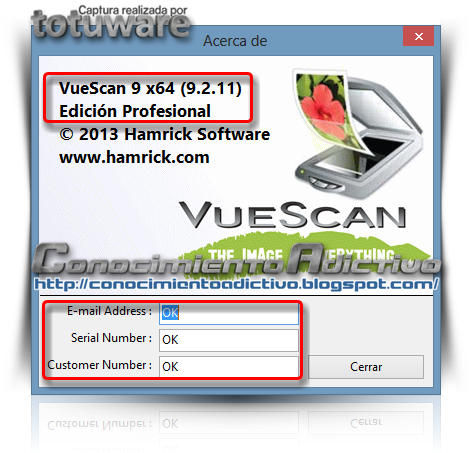
Furthermore, it’s very quiet in operation. Now, that Plustek scanner has a great build quality, seems sturdy and gives confidence in its future.

If the results prove to be great, the better! Set up the scanner, feed it the film and go away for an hour or two. That’s a 365€ difference, a Euro a day for one year! Now if I can stick in a 6-frame strip of negatives or even a whole 36-frame film and the thing correctly recognizes (most of) the separate frames, I’ll be very happy. The Plustek goes for about 220€ here in Olde Europe while Amazon carries the Reflecta without the horrendously costly Silverfast software for 585€. So let’s also consider the prices of these scanners. If you consider that the Plustek Opticfilm 8100 or 8200 can coax ‘only’ 3800 dpi out of the negatives, and for that you have to dial in 7200 dpi – the decision seems obvious by the merit of resolution. Setting the scanner’s resolution to 10000 dpi will not get any increase in real resolution, only gargantuan file sizes! Thus 5000 dpi is the sweet spot for this scanner, offering a resolution that gets the maximum out of 35mm film. As it looks, the maximum resolution is about 4300 dpi which is still pretty great. Honestly, I never believed the boasted 10000 dpi resolution, which was confirmed to me by this review. I have been reading about the Reflecta scanners for some time now, ever since the 10M came out.

The Plustek got me back on track, apart from the slowness… The possibility of a Reflecta Then I tried all kinds of flatbed scanners from Canon and Epson and found them unworthy. But, I was silly to sell it, I know that now. Ten years old, bought second or third hand I could not trust it to keep working indefinitely. That was a great scanner but always under threat of sudden death. I regretted selling my trusty Nikon Coolscan IV / LS-40 with its 6-frame negative feeder. Since then I have scanned dozens of films on my Plustek Opticfilm 8100, fastidiously feeding the negative holder frame by frame into the scanner’s maw.

There's not much to it but in a way, that's the great thing about Vuescan - it doesn't bloat your system with unnecessary features or scanning options.Once I was lost and tried to justify the feasibility of sourcing out the scanning of our negatives (you can read that post here.) But then I saw the light, following this great post by KJ Vogelius. Installation is lightning quick as it's such a light package and there's little waiting around - just open VueScan and you're ready to scan.

According to the developers, VueScan supports more than 400 scanners and 185 digital camera raw files so you won't find any incompatibility issues. VueScan is highly flexible which is another great aspect of it - it doesn't matter if you change scanner as it still continues to support it whatever model it is.


 0 kommentar(er)
0 kommentar(er)
